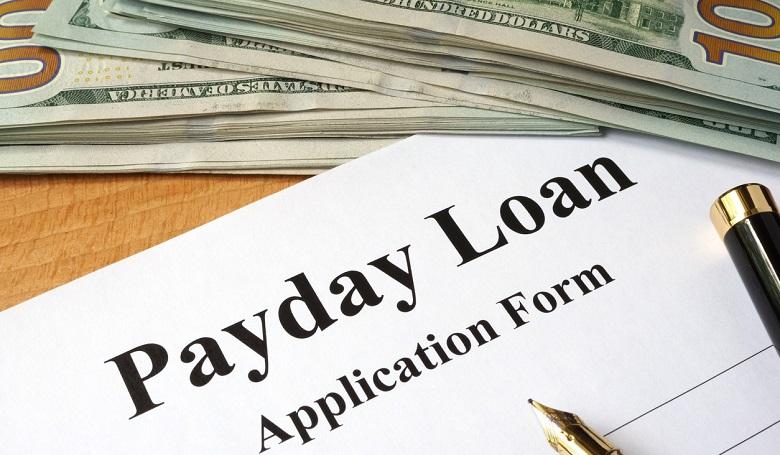
What Payday Loan Law Changes Mean For You
If you need money and have bad credit, payday loans may seem like your only option. Payday loans are inherently risky – and expected payday loan regulation changes have been delayed, keeping the risk relatively high.
Payday loans are relatively small loans (often $500 or less) that are paid back in a short period of time (usually two weeks), along with interest and any loan service fees. Because of their small size, people tend to forget that the annual percentage rate (APR) of payday loans averages around 400%. For reference, the average credit card interest rate is approximately 17.5%.
The trap of payday loans comes when you have trouble repaying the loan on time. According to the Consumer Financial Protection Bureau (CFPB), 20% of borrowers default on payday loans. Over four in five payday loans are either renewed or rolled over into a new loan, racking up new charges and putting repayment further out of reach. According to the CFPB, almost one-quarter of payday loans were taken out at least nine times. Defaulting on your loan could hurt your credit score. You can check your credit score and read your credit report for free within minutes by joining MoneyTips.
The Pew Research Center found that borrowers paid an average of $520 in finance charges – probably more than many of them borrowed in the first place.
To prevent payday loan abuse, the CFPB issued regulatory controls on the payday lending industry in 2017. Among other things, payday lenders would be required to verify a borrower's ability to repay the loan before allowing the loan to proceed.
The rules were set to take effect in August 2019 – but the Trump administration conducted another review of the regulations and concluded that the ability to repay requirement would choke off one of the few sources of credit to consumers with bad credit histories. As a result, the CFPB recently issued a notice rescinding the ability-to-repay requirement.
With the potential federal limits eliminated, state laws provide most of the existing payday loan protections. Eighteen states and the District of Columbia either have limits on high-cost payday lending or ban the practice altogether, and restrictions may apply in the remaining 32 states. Links to individual state limits may be found at paydayloannfo.org.
The CFPB did retain a few protections from the 2017 regulation. Once the rules take effect, payday lenders must notify borrowers in writing before making an automatic withdrawal from their account. Lenders are also restricted from making automatic withdrawals from a borrower's account if two consecutive attempts fail, unless the borrower gives consent. This keeps payday lenders from sticking borrowers with multiple bank overdraft fees.
The new changes make it easier for you to get a payday loan, regardless of whether you can pay it back. You must assess the risks yourself and decide whether a payday loan is worth it. If you decide to proceed, check with your state attorney general or state bank regulators to verify that your chosen vendor is licensed to operate in your state.
We suggest looking for payday loan alternatives instead. Try traditional lenders and credit card issuers that specialize in customers with bad credit. If you want more credit, check out our list of credit card offers for bad credit. You'll still pay more than the average consumer because of your higher risk, but your interest rate will be well below payday loan rates and payment terms are likely to be better. If that fails, consider a possible short-term loan from family or friends, or look for items you can sell or odd jobs you can do to cover the shortfall.
A payday loan should be a complete last resort. You must be prepared to pay it off on time to avoid a serious debt trap.
If you are interested in a personal loan, visit our curated list of top lenders.
